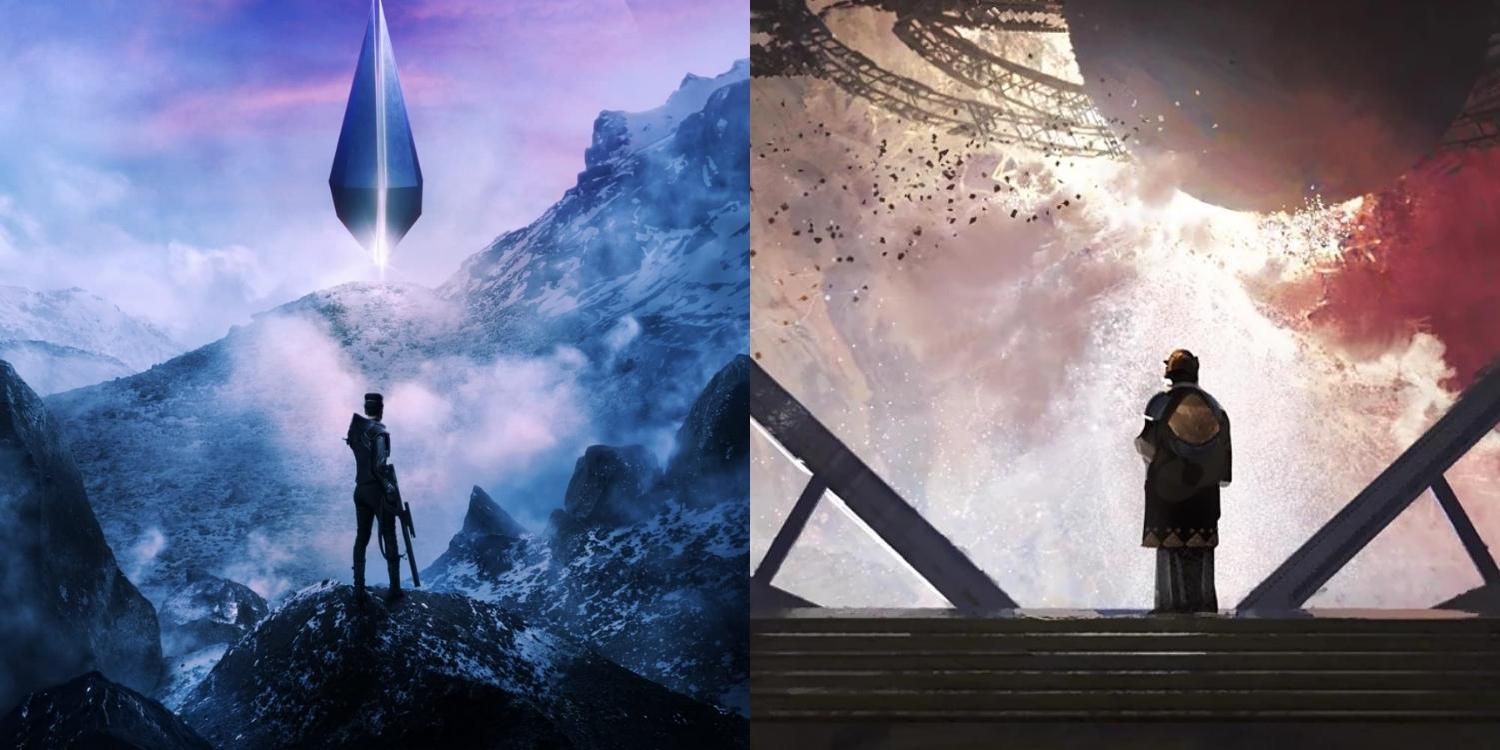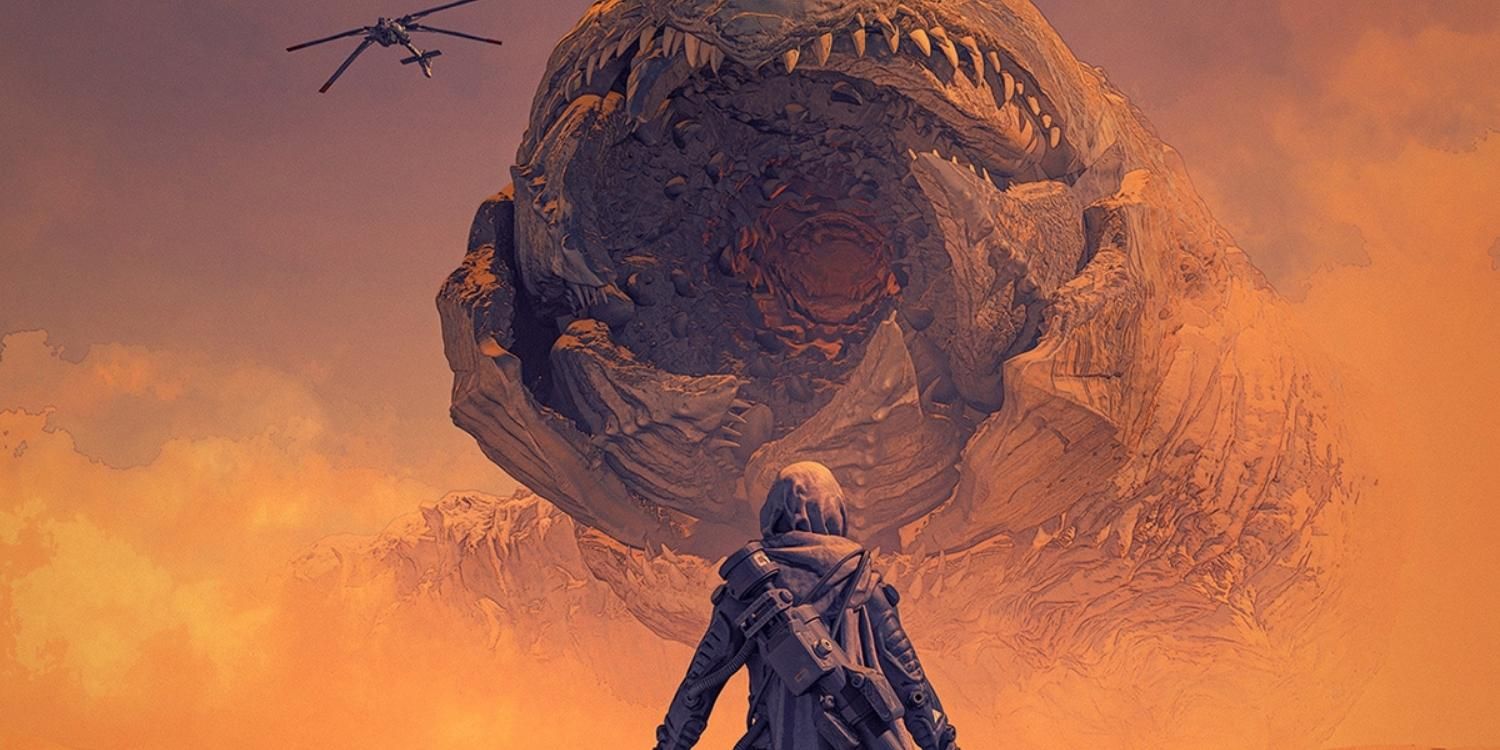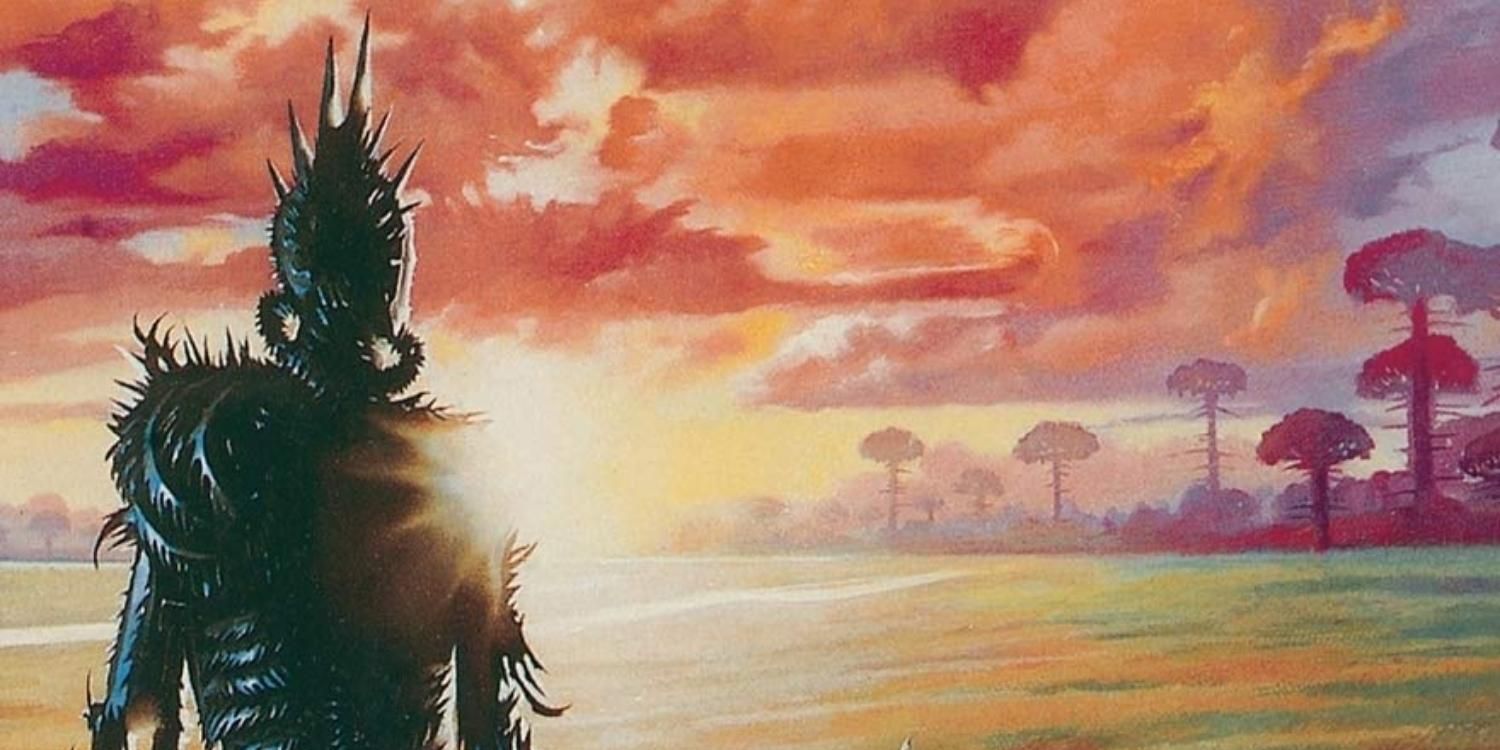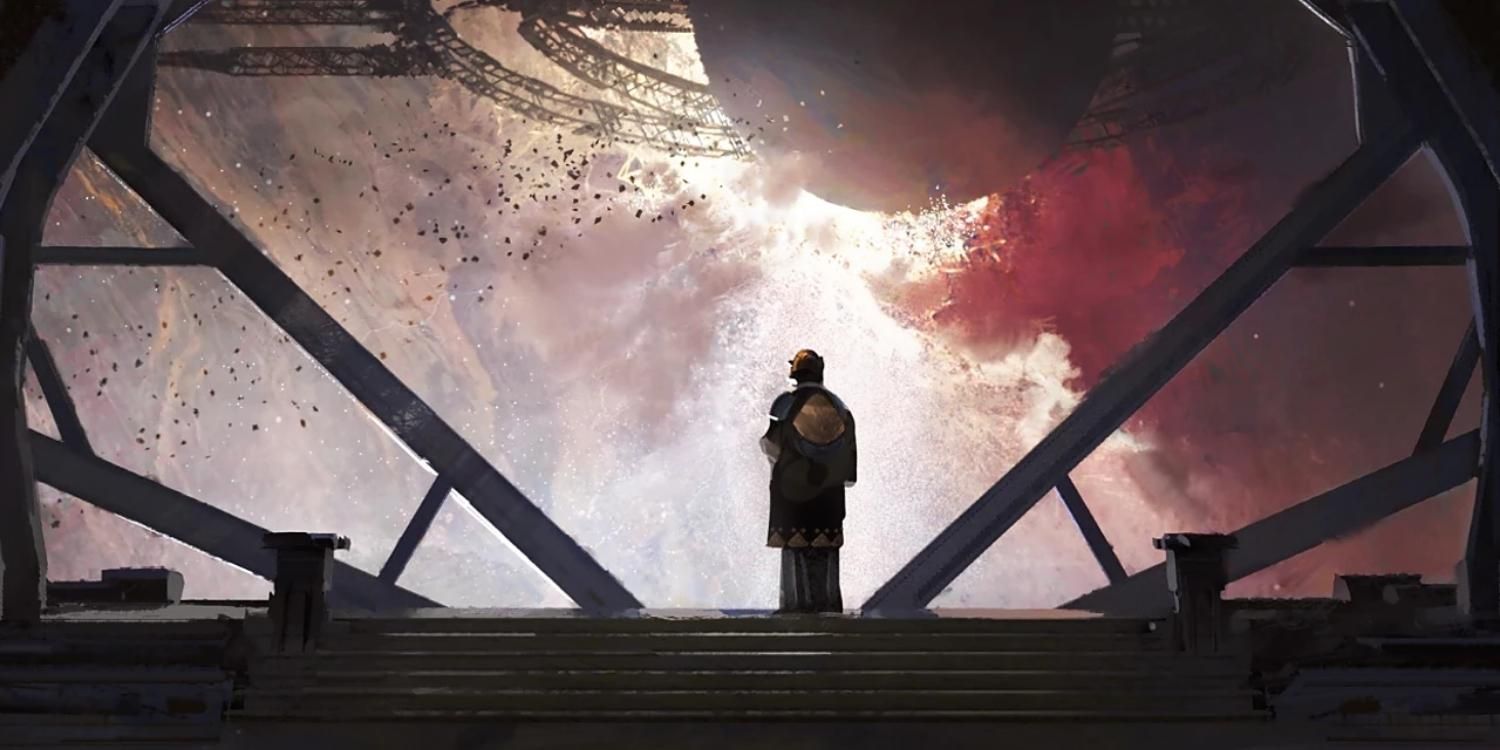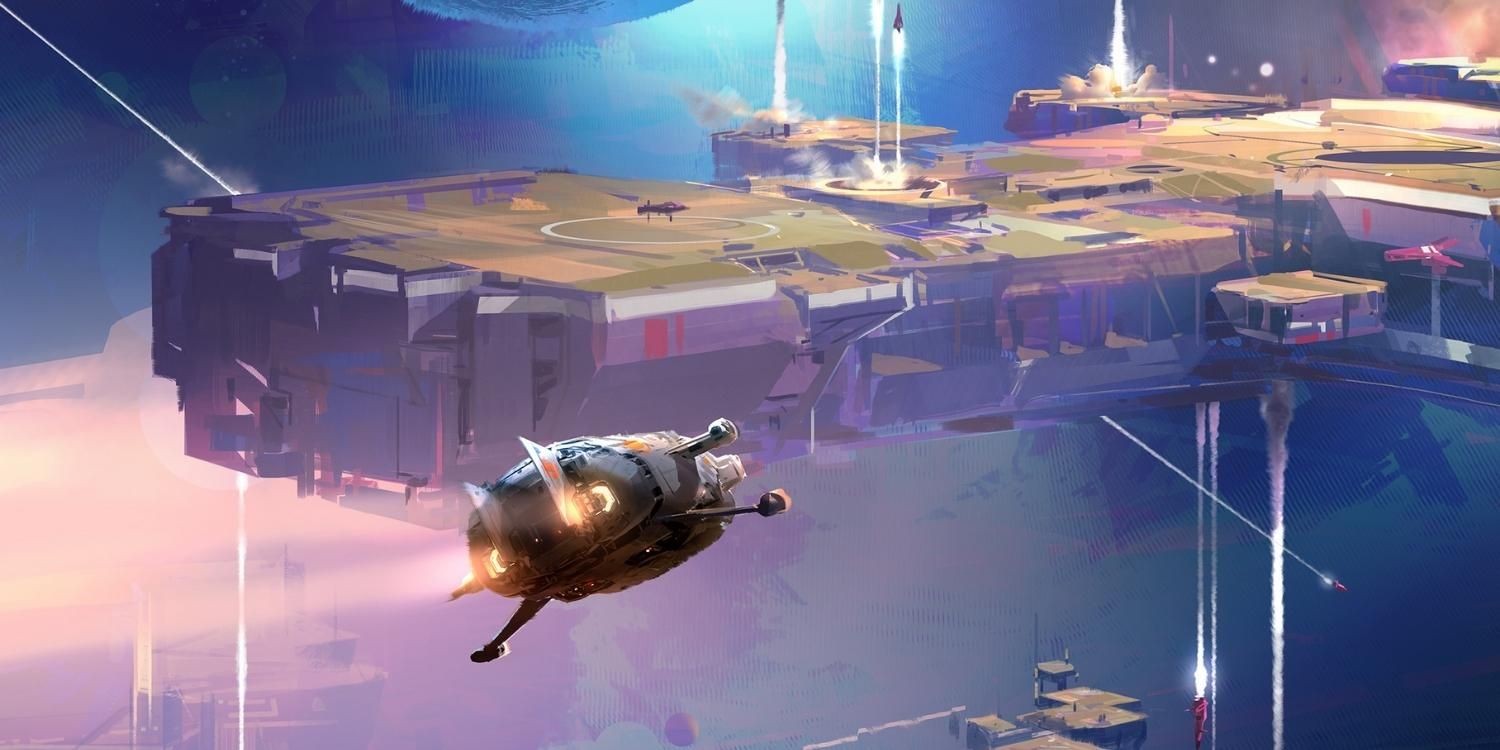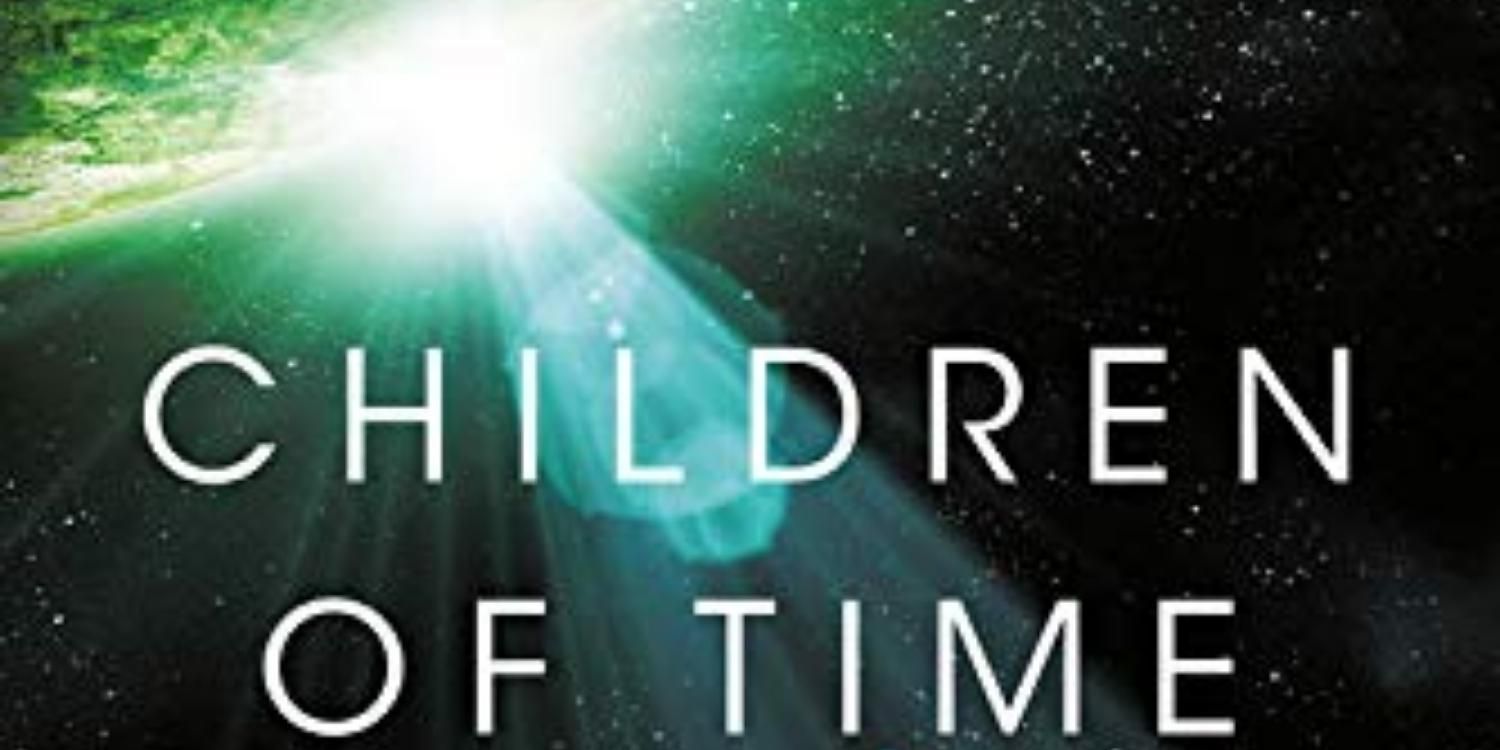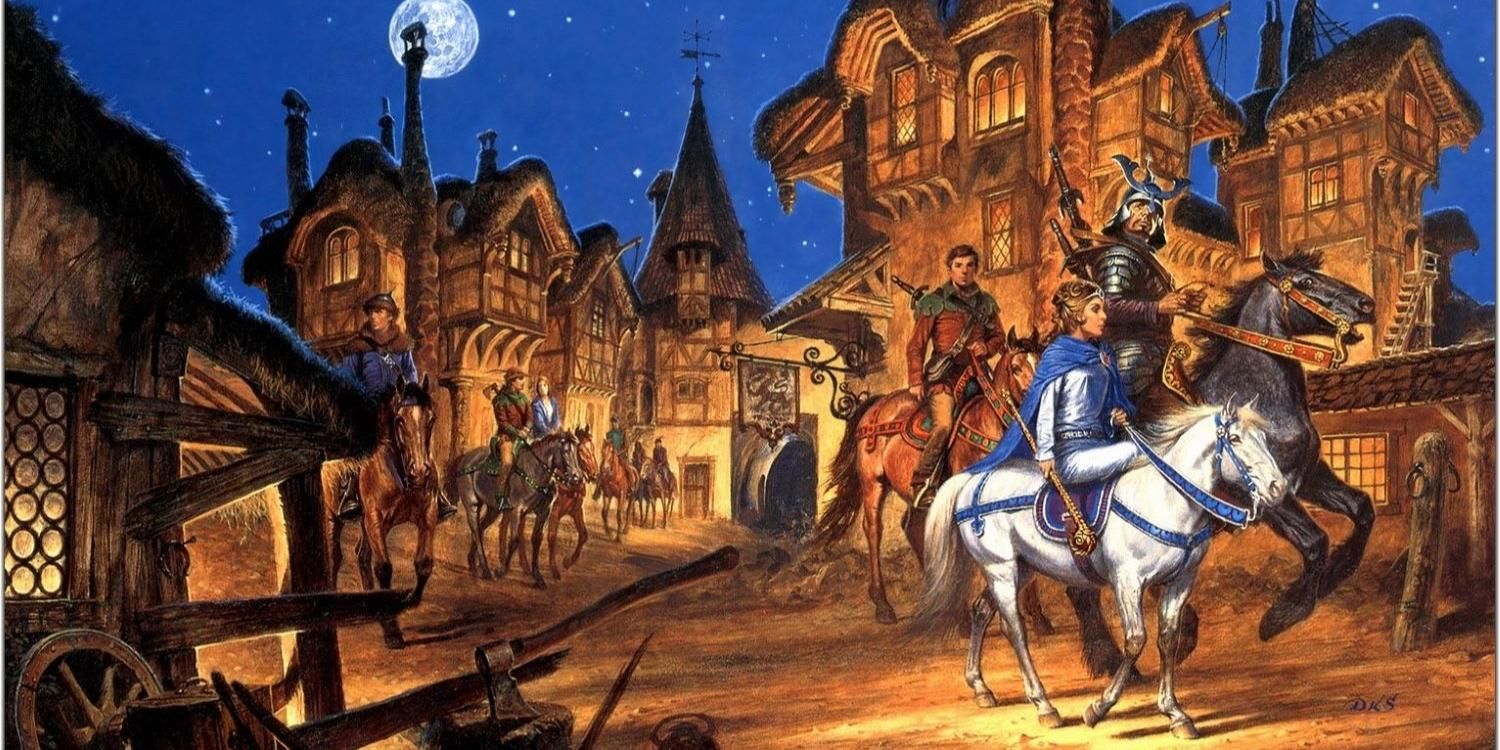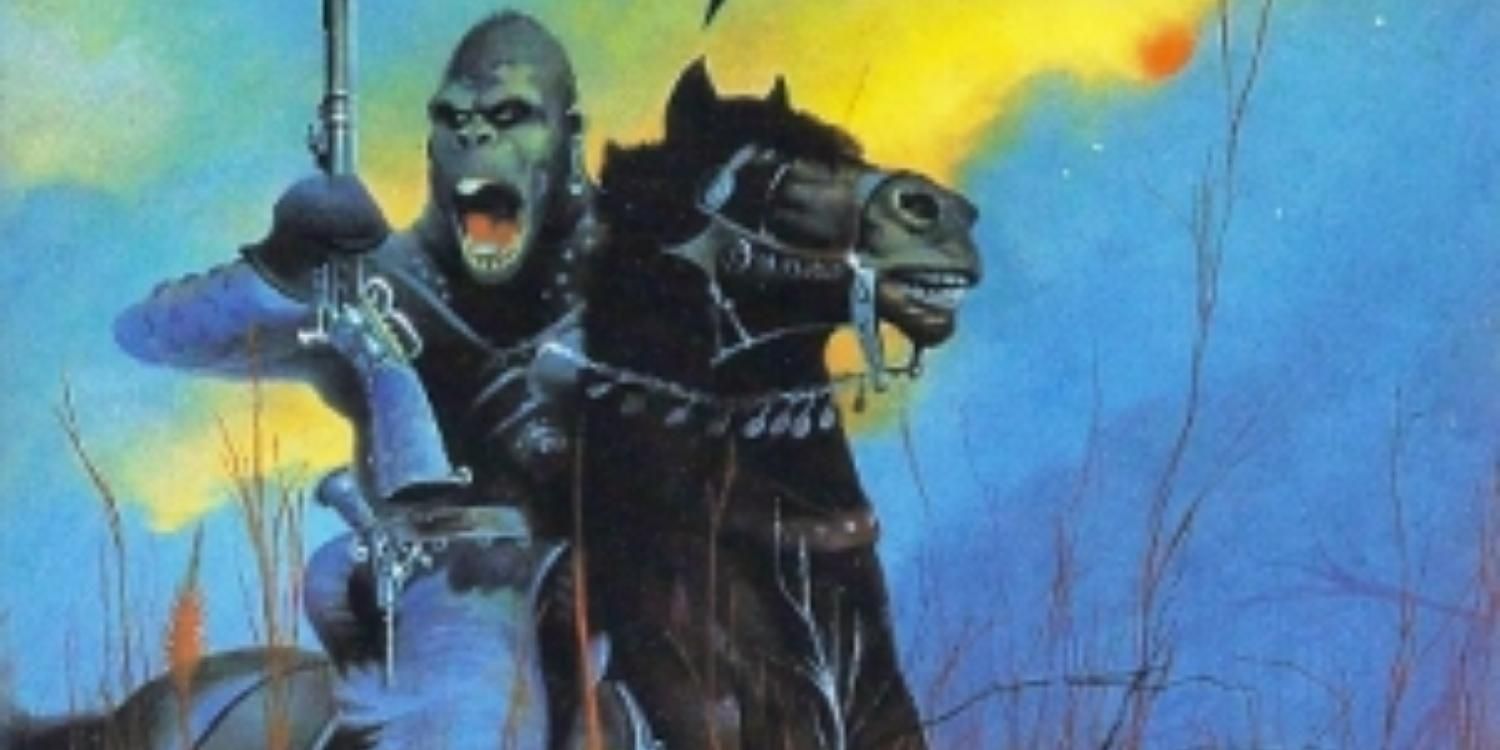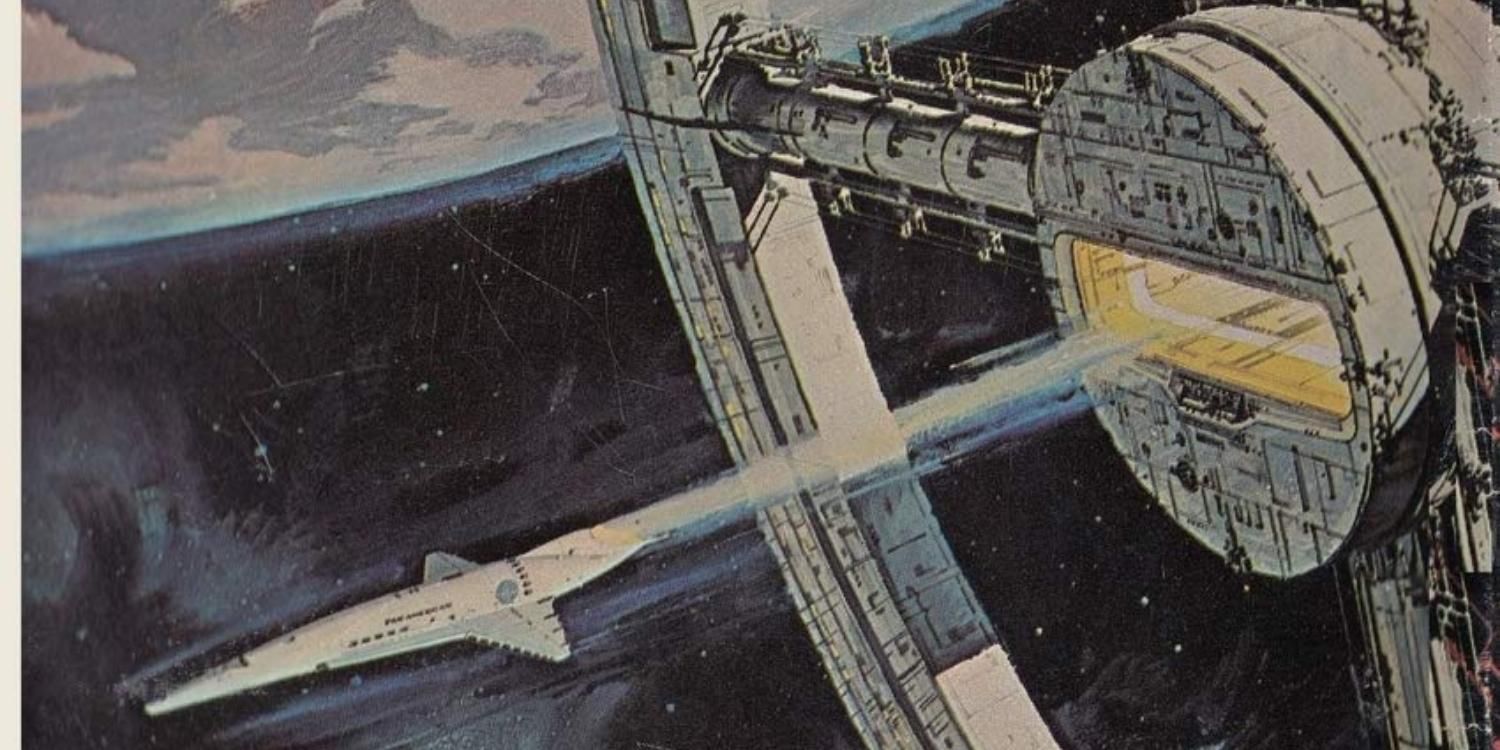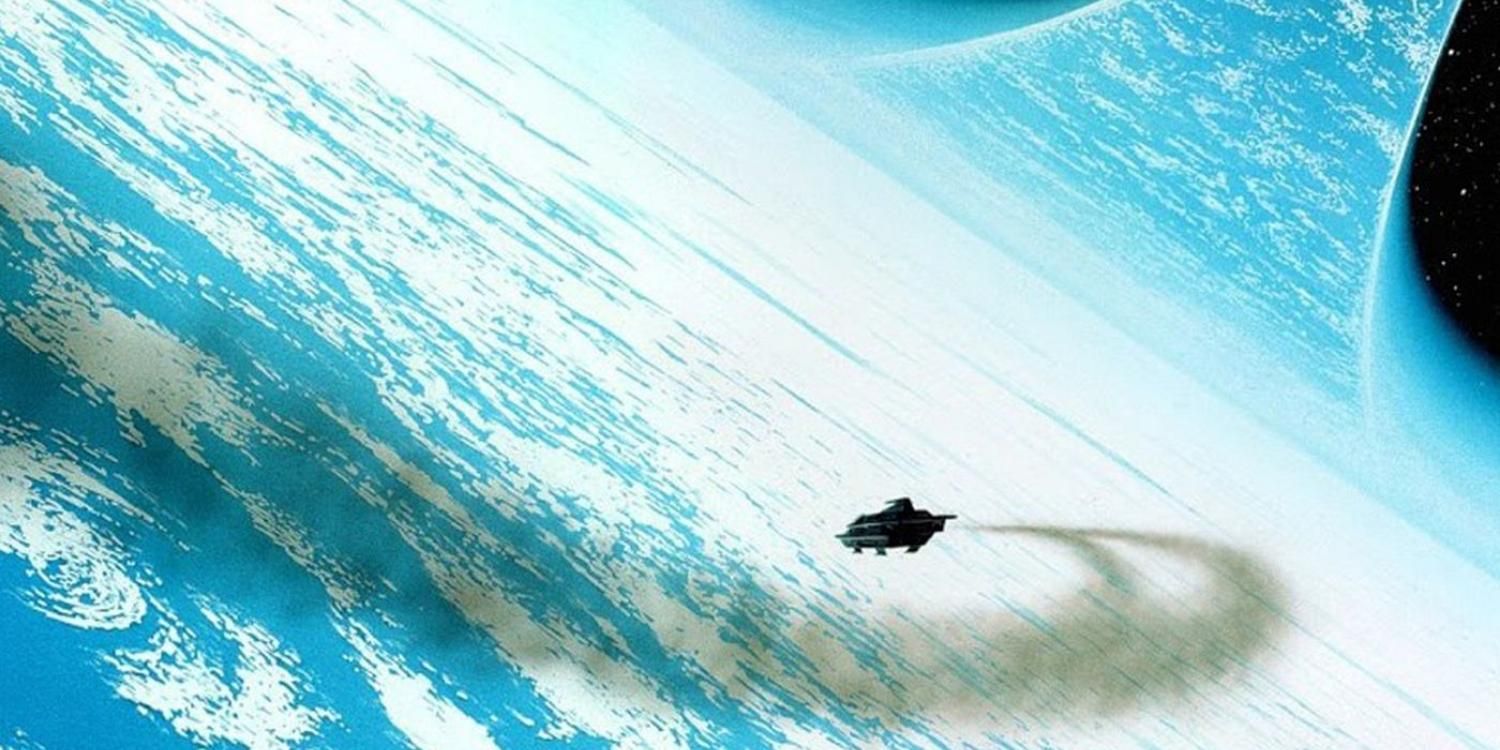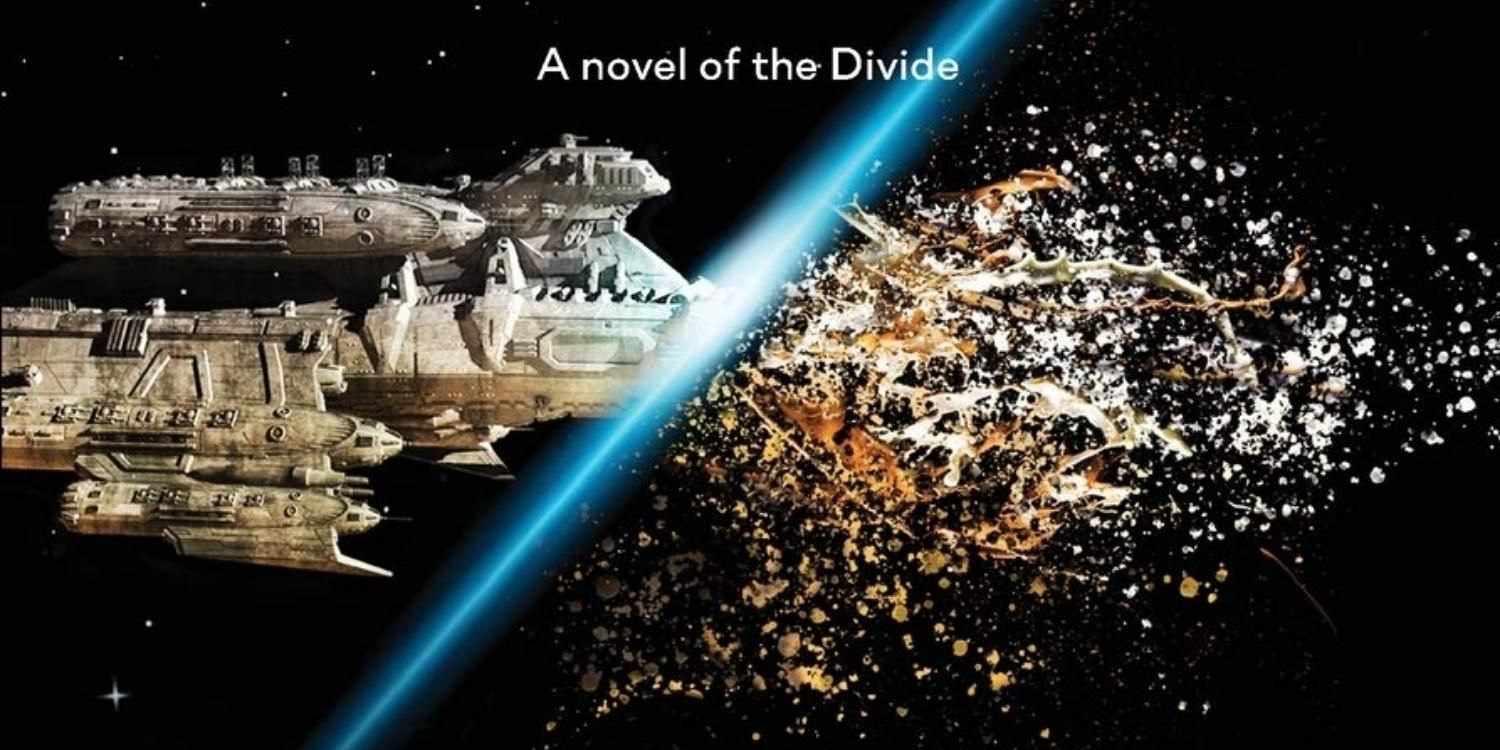The Apple TV+ series Foundation has already shown that it’s the type of epic storytelling that’s interested not just in creating fascinating characters, but also in engaging with the existential questions that are a specialty for science fiction. Among other things, it ponders the dilemma posed by the collapse of an entire civilization, and it remains unclear just how much agency individuals have in either averting it or in keeping the worst of it from coming to pass.
In addition to the numerous TV series that hit the same notes as Foundation, there are also quite a few books similar to Foundation that are worth reading.
Dune by Frank Herbert
Frank Herbert’s Dune is regarded by many as one of the most influential books in the genre. It focuses on the character Paul Atreides as he contends with both his grand destiny as a savior figure as well as the deadly politics of a universe-spanning Imperium.
With its focus on weighty philosophical questions, individual agency (featuring some very brave characters), and the back-biting and oblivious politics of those in power, this is an ideal choice for those who found those elements of Foundation to be its most enjoyable parts.
Hyperion by Dan Simmons
Dan Simmons has a well-earned reputation for crafting science fiction tomes that combine the elements of the genre with literary conventions. His Hyperion is a novel told in the style of Geoffrey Chaucer’s The Canterbury Tales, with various people telling their own story within an overarching frame story.
As with Foundation, there is an impending disaster that the characters are trying to avert, and the novel’s skillful moving between individual characters and a broader conflict is one of its greatest strengths.
A Memory Called Empire by Arkady Martine
Among other things, Foundation engages with the question of imperialism, and whether a mighty empire can be brought to its knees in a relatively short period of time. These are some of the themes and interests explored by Arkady Martine in her debut novel, A Memory Called Empire, which focuses on a “barbarian” ambassador as she struggles to survive in the twisted politics of the imperial court.
Both it and its sequel, A Desolation Called Peace, tackles weighty philosophical issues while also creating characters that almost leap off of the page.
The Collapsing Empire by John Scalzi
It’s not easy to chronicle the downfall of an empire in a relatively short series of novels, but that’s what John Scalzi achieves in The Collapsing Empire and its sequels, The Consuming Fire and The Last Emperox.
With its dazzling cast of characters and its quick plotting, it’s a bit faster-paced than Foundation, but it does manage to take on some of the same questions. The men and women of the story must all do their part in order to ensure that as many people as possible can be saved from the collapse of the alliance called The Interdependency.
Children of Time by Adrian Tchaikovsky
One of the most appealing things about a series like Foundation is that it pushes the boundaries of the possible, creating entire worlds that don’t exist in reality. A similar dynamic is at work in Adrian Tchaikovsky's novel Children of Time and its sequel, The Doors of Eden, which chronicles a titanic clash of civilizations.
Rather than humans against humans, however, in this case, it’s humans against a race of advanced spiders, which makes for a compelling, if at times disturbing, read.
The Wheel of Time by Robert Jordan
The Wheel of Time is one of the most popular fantasy series ever written, and it’s easy to understand why since it features a well-developed world, characters that are lovable (if at times frustrating in their behavior), and a fundamentally existential conflict between good and evil.
It’s a good fit for fans of Foundation because, in addition to exploring the nature of morality, it also questions whether it is ever truly possible to disrupt the cyclical nature of history, which always catches individual people in its net.
Planet of the Apes by Pierre Boulle
Planet of the Apes, like Foundation, is one of the most significant works of science fiction to be published in the 20th Century (and it has, of course, produced many movies, which are of varying quality).
As its title suggests, it focuses on an astronaut who finds himself wrecked on a planet where apes have evolved to be the dominant species and where humans are held in bondage. Even now, the novel maintains its power to shock and surprise, and the twist ending, while not the same as in the famous movie, is still more than a little disturbing.
2001: A Space Odyssey by Arthur C. Clarke
Along with Isaac Asimov (the author of the book Foundation), Arthur C. Clarke is considered one of the most influential figures in the history of science fiction. 2001: A Space Odyssey is likewise considered one of the canonical movies in the genre.
Like the movie upon which it is based, the novel uses its fictional story to interrogate the big questions that haunt the human mind, including the nature of civilization rising and collapsing (a key concern in Foundation, as well).
Consider Phlebas by Iain Banks
Consider Phlebas by Iain Banks is, like Foundation, a tale about deep conflict between two great powers, as well as the individuals whose lives are affected by the war. The novel moves at a fast pace, and while the characters seem to have had an impact on the outcome of the central war, the novel is far more ambiguous than that.
Like other works of science fiction, Consider Phlebas forces readers to think critically about the world and the way that it works, not always in a comfortable way.
The Last Watch by J.S. Dewes
J.S. Dewes has quickly become one of the most exciting new voices in science fiction with the publication of The Last Watch, which focuses on a group of ragtag soldiers as they attempt to prevent nothing less than the collapse of civilization itself.
Like Foundation, this novel poses the question: how much agency do individual people have over the seemingly inevitable collapse of everything that they've ever known or thought they believed in? And, as with the best science fiction, the question isn't always easily answered.

